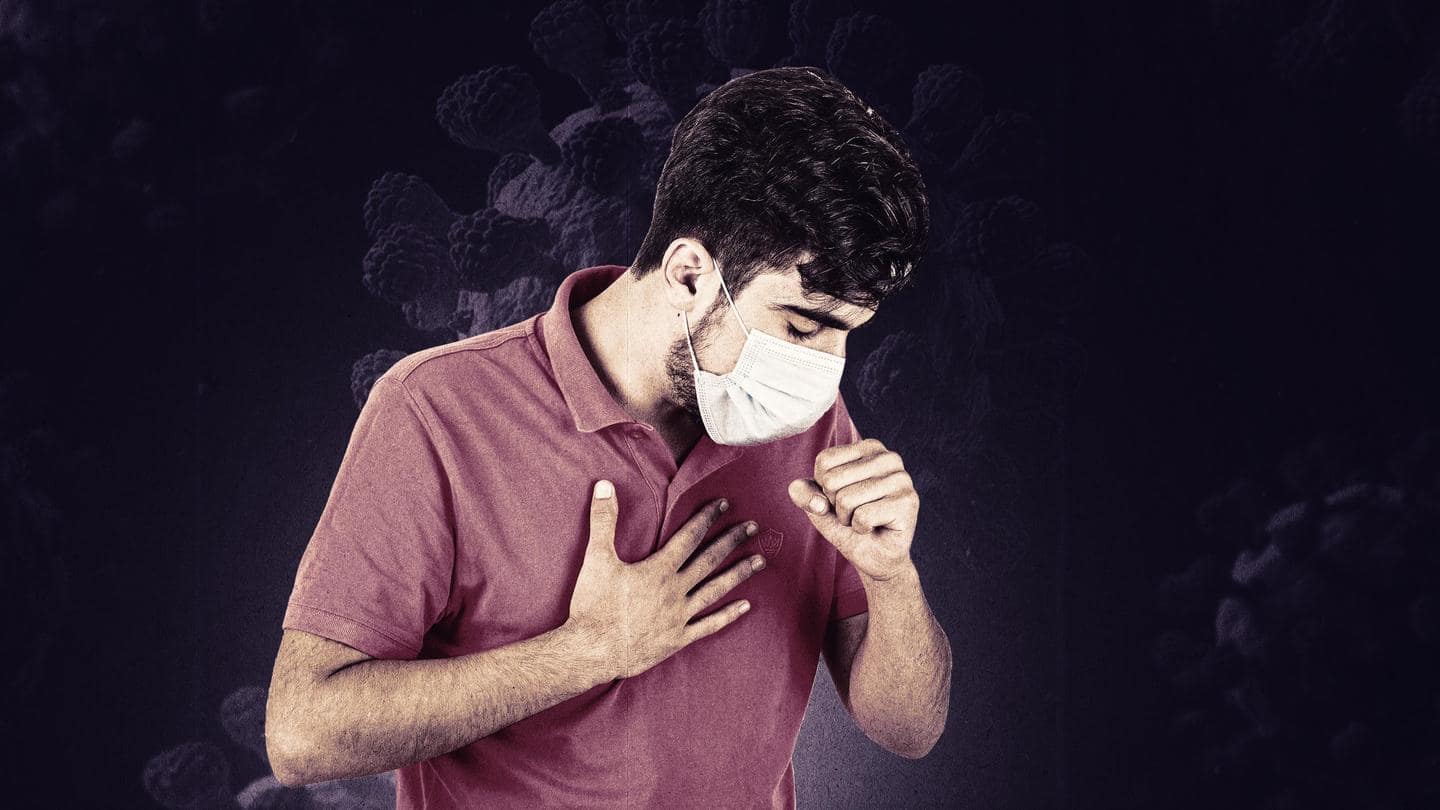
How long does immunity last after COVID-19?
What's the story
Experts have warned that exposure to the coronavirus, through vaccination or infection, does not mean that you are completely protected from future infections.
Doctors maintained the coronavirus is evolving to behave more like its closely related cousins, which cause common colds and infect people repeatedly throughout their lives.
However, the coronavirus doesn't yet fit into clear seasonal patterns like the other common cold viruses.
Details
Delta or earlier strain roughly 90% effective in preventing reinfection
A team of scientists, led by Laith Abu-Raddad at Weill Cornell Medicine-Qatar, estimated that a bout with Delta or an earlier coronavirus strain was roughly 90% effective in preventing reinfection in both vaccinated and unvaccinated people.
However, it changed after the emergence of the Omicron variant as prior infections only provided about 50% protection against reinfection, Abu-Raddad's study showed.
Reinfection
Reinfection can occur after 3 months: Study
A study published in October 2021 showed reinfection could occur as soon as three months after contracting COVID-19.
However, this study didn't account for Omicron, was mostly based genome of coronavirus, and accounted for expected declines in antibodies that could fight off the virus.
You can even get sick with one of the newer Omicron subvariants after getting over a different version of it.
Researchers say
Who are more likely to get reinfected?
It's still unclear if some people are simply more susceptible to COVID-19 reinfection.
However, researchers said people who are older or immunocompromised may make very few or very poor quality antibodies, leaving them more vulnerable to reinfection.
According to researchers, people, who have a genetic flaw that cripples a crucial immune molecule called interferon type I, are at higher risk of severe COVID-19 symptoms.
Severity
Will subsequent infections be more or less severe?
Our bodies can call on immune cells, like T cells and B cells, to quash reinfection if the virus sneaks past your initial antibody defenses.
Thus, people who are vaccinated and boosted are especially well equipped to fight the coronavirus.
People who have been infected before are able to keep the virus from replicating at high levels if they get reinfected.
Experts
2nd, 3rd infection likely to be shorter: Expert
According to experts, second or third infections are likely to be shorter and less severe.
Of more than 1,300 reinfections that Abu-Raddad's team identified from the beginning of the pandemic to May 2021, none led to hospitalization in an intensive care unit and none were fatal.
Even though reinfections are not severe, it doesn't mean they would not be serious.
Information
What can you do to reduce your risk of reinfection?
While experts maintained that there is no magical solution against COVID-19 reinfection, tools and behaviors that help protect against infection can still help you avoid reinfection. Getting vaccinated and boosted, masking up in indoor and crowded spaces, social distancing, and improving ventilation may help.